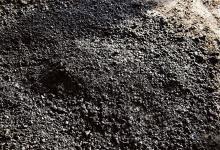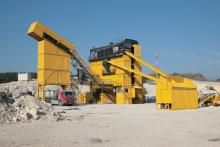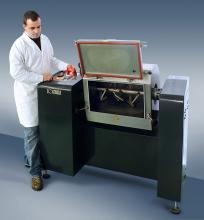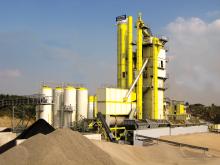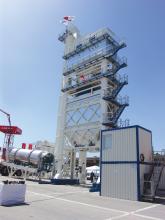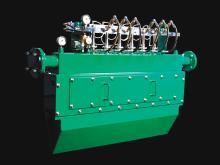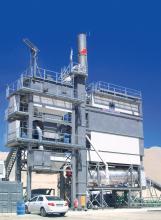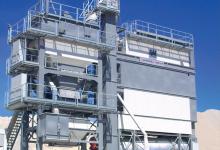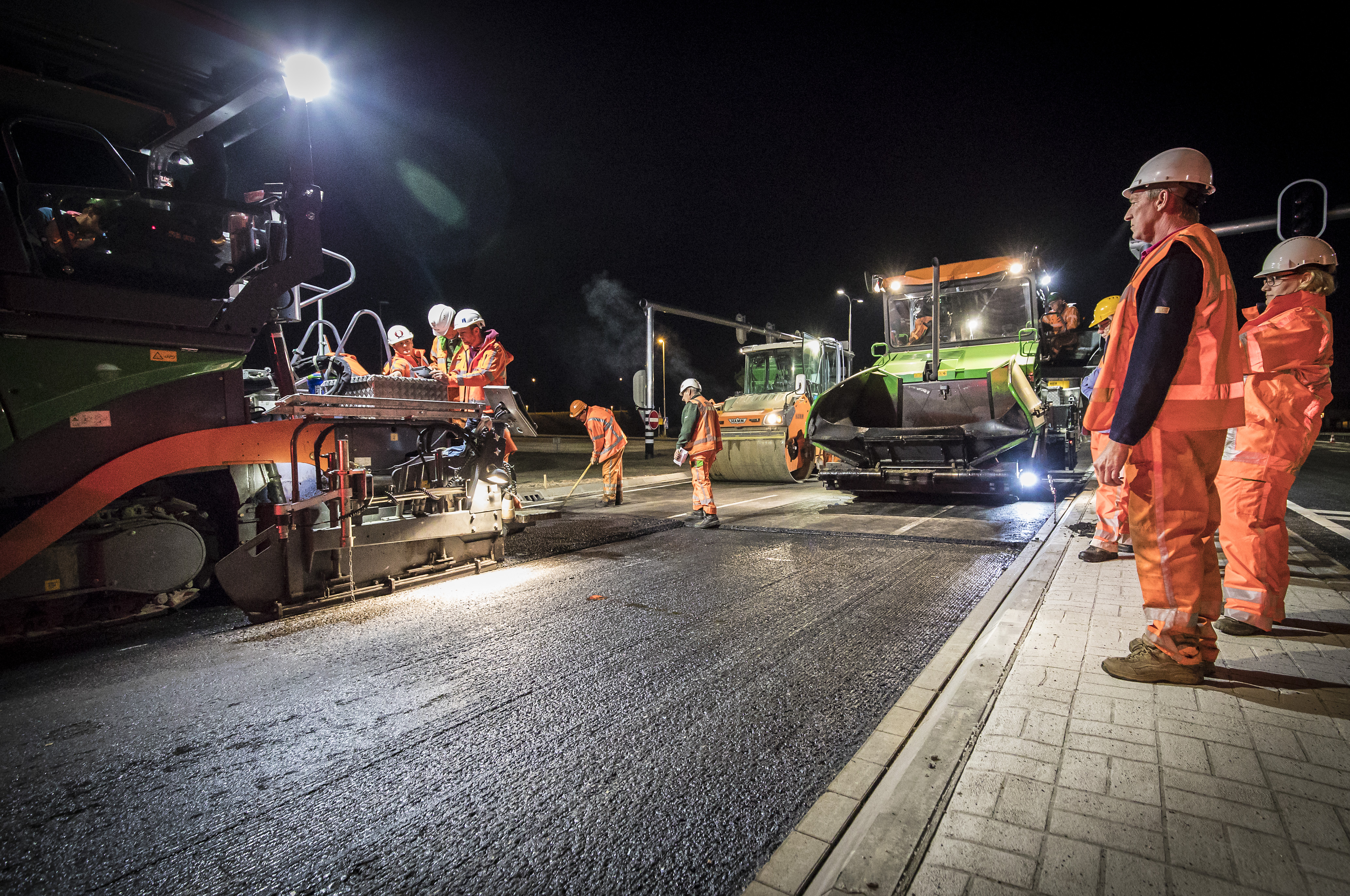
RSSBAM installed two test sections in collaboration with the Dutch provinces of Noord-Brabant and Gelderland with an asphalt road surface consisting of up to 93% recycled material, more than three times the level in current practice.
The innovative mixture is produced at a temperature of around 105˚C. In addition to the high reuse value, this results in an energy and CO2-reduction of approximately 30%.
To help accomplish this,
The road surfaces in both test sections consist of double-layer porous asphalt (very open asphalt concrete) that provides a noise reduction of 7dB. The test sections are the promising finale of the LE2AP European demonstration project, on which BAM has worked for over three years.
The direct result of the LE2AP project is that BAM can already apply road surfaces on a large scale, which consist of at least 80 percent recycled material. Compared with current percentages of reuse in road surfaces, which consist of up to 30%, this innovative method achieves a breakthrough in the production of sustainable asphalt. For production at a lower temperature, BAM utilises the knowledge already gained in practice with Low Energy Asphalt Concrete (LEAB).
Ultimate test
The 1km long test sections were applied to the N279 Veghel/’s-Hertogenbosch and the N338 near Doesburg. BAM applied a test section to the N279 in September, that consisted of approximately 80% recycled asphalt.
Christophe van der Maat, Noord-Brabant Provincial Executive, said: “We are constantly looking for options to construct our roads more innovatively and more durably. We were therefore happy to invest in this BAM trial to try out a test section with durable asphalt in practice. If the result is good, I’ll be pleased to use this product more often.”
In October, the test section was installed at the N338. This test section is considered the ultimate test of the EU sponsored demonstration project LE2AP because a part is included with a recycling value of around 93%. In this section the mastic (asphalt binder) is also produced mainly from recycled materials.
Conny Bieze, Gelderland Provincial Executive, said: “It’s great that this breakthrough in sustainability will be tested in Gelderland. We are really happy to take part in it. If the results of the tests are positive, we will see a significant environmental benefit. Residents will also be delighted with quieter roads.”
Qualitatively equal
The performance of the asphalt mixture and of the recycled raw materials has been tested intensively. SYLVAROAD RP1000 is a rejuvenator and was used as a rejuvenator on the aged bitumen. The production method for the mixture was tested in October 2015 in the Brabantse Asfalt Centrale (asphalt plant) in Helmond.
In every respect, it appears that the recycled raw materials and the asphalt produced from them are qualitatively at least equivalent to traditionally produced road surfaces, and often even better. The stone reclaimed from road planings and milled asphalt surfaces (PA Stone) has been certified by KIWA as a new building material.
Replacement market
With LE2AP, BAM is breaking new ground in asphalt recycling. LE2AP stands for Low Emission 2 Asphalt Pavement, where the 2 indicates reduced emissions both CO2 and sound. The LE2AP project is co-financed by a
The basic idea behind LE2AP is that the standard method of asphalt recycling has its limits. In the Netherlands, porous asphalt is not actually recycled, but downcycled. Used asphalt is reused mainly in the foundations of roads. Because there are fewer new roads being built in the Netherlands, the importance of horizontal recycling is increasing. The asphalt market is much more a replacement market than new construction.
With LE2AP, BAM stops recycling asphalt and starts recovering raw materials from used asphalt. New asphalt can then be produced using the recovered raw materials. This working method enables full control over the quality of the construction materials as well as the recipe for newly produced asphalt.
The trials are said to have demonstrated that SYLVAROAD RP1000 is a successful additive to achieve this goal.

